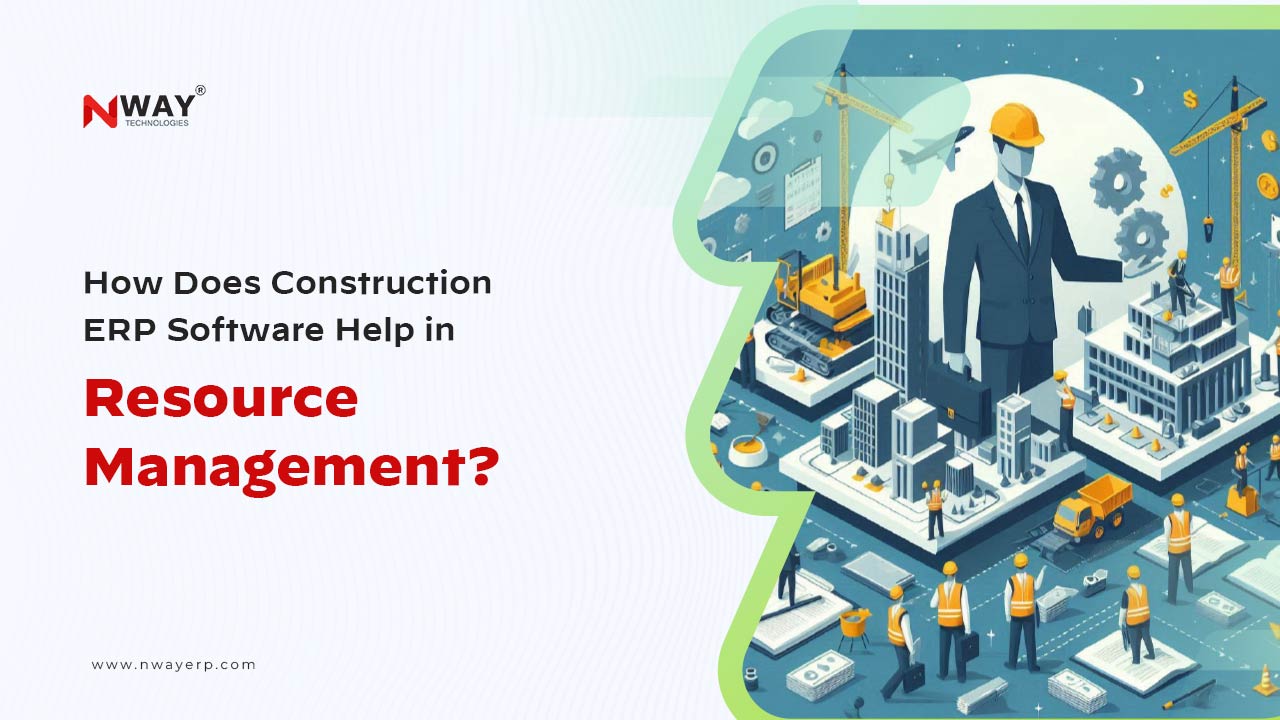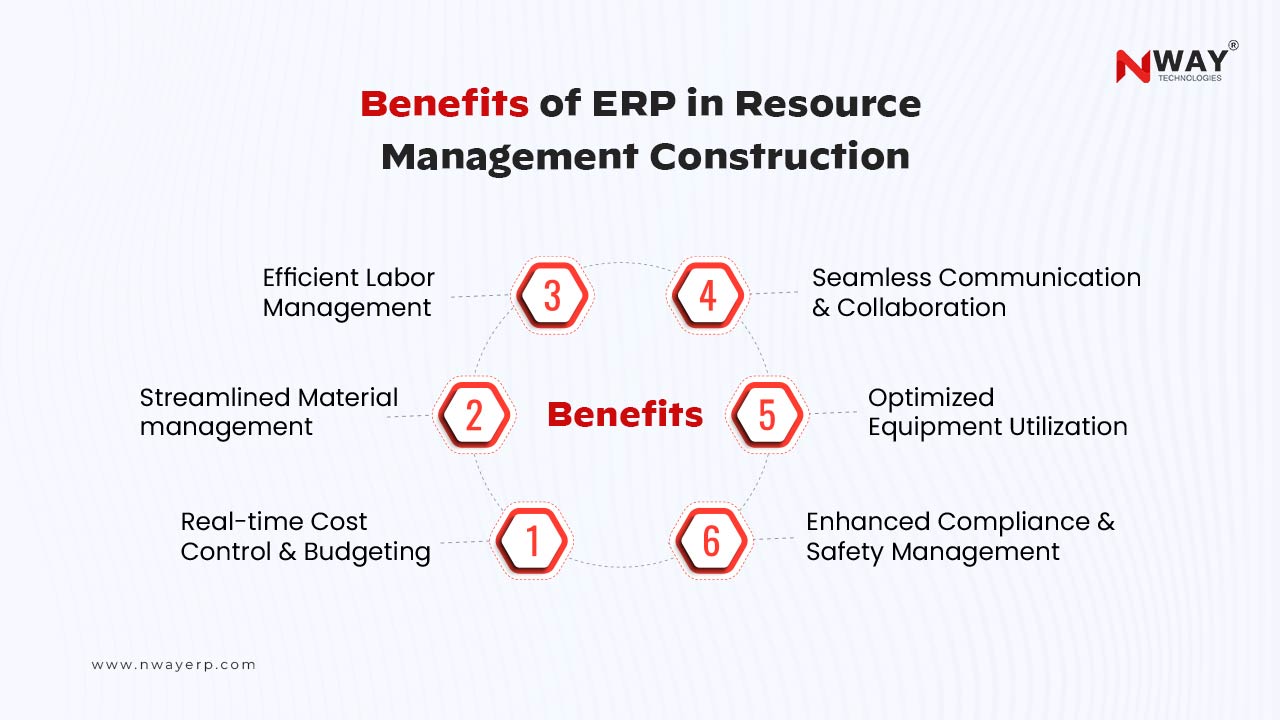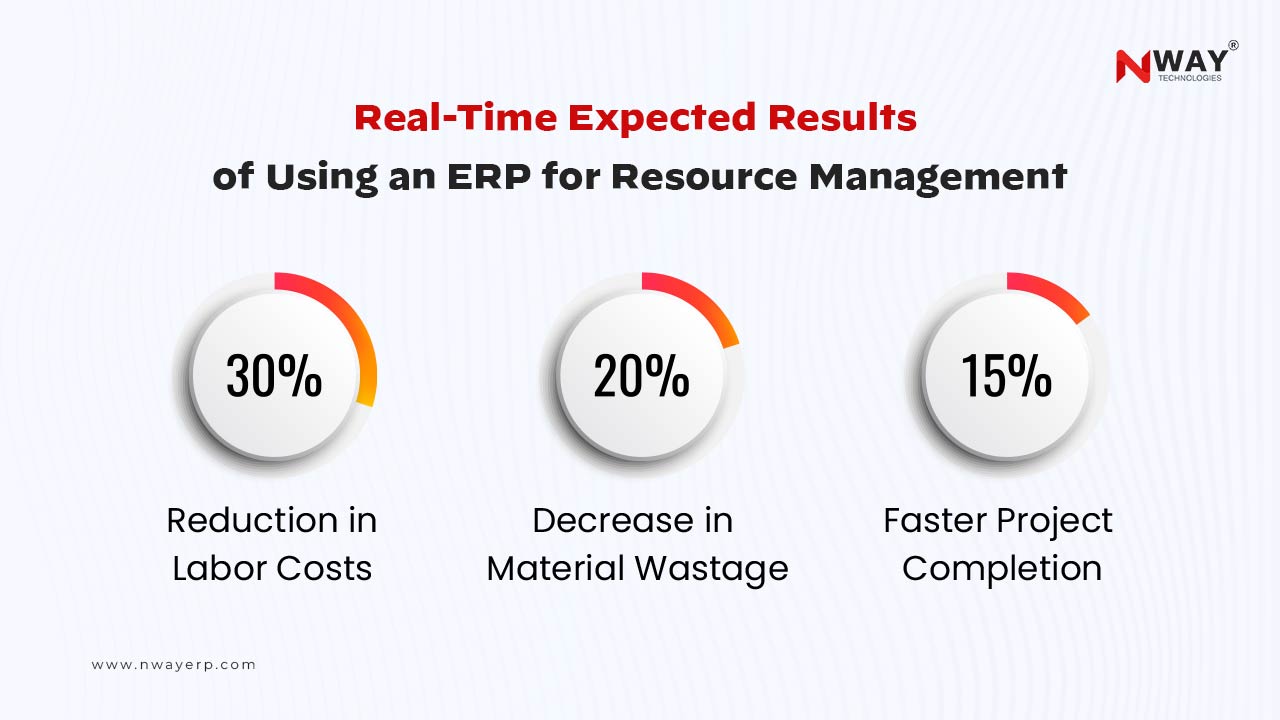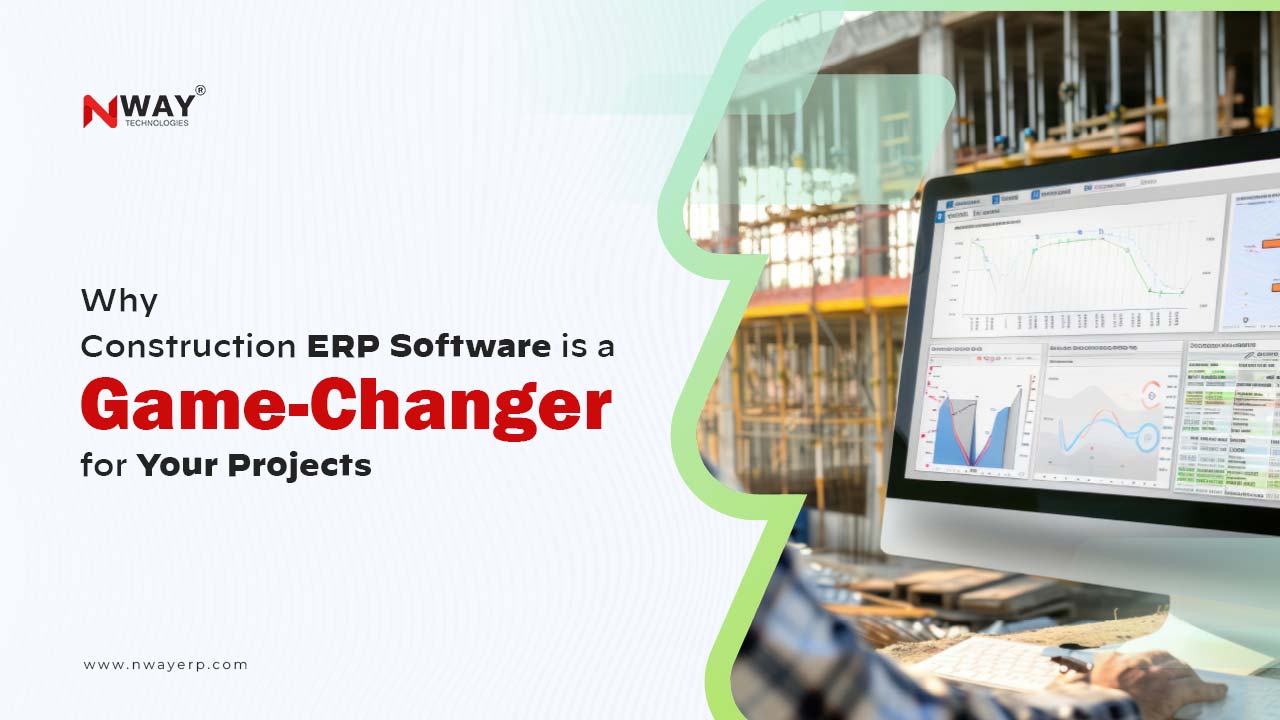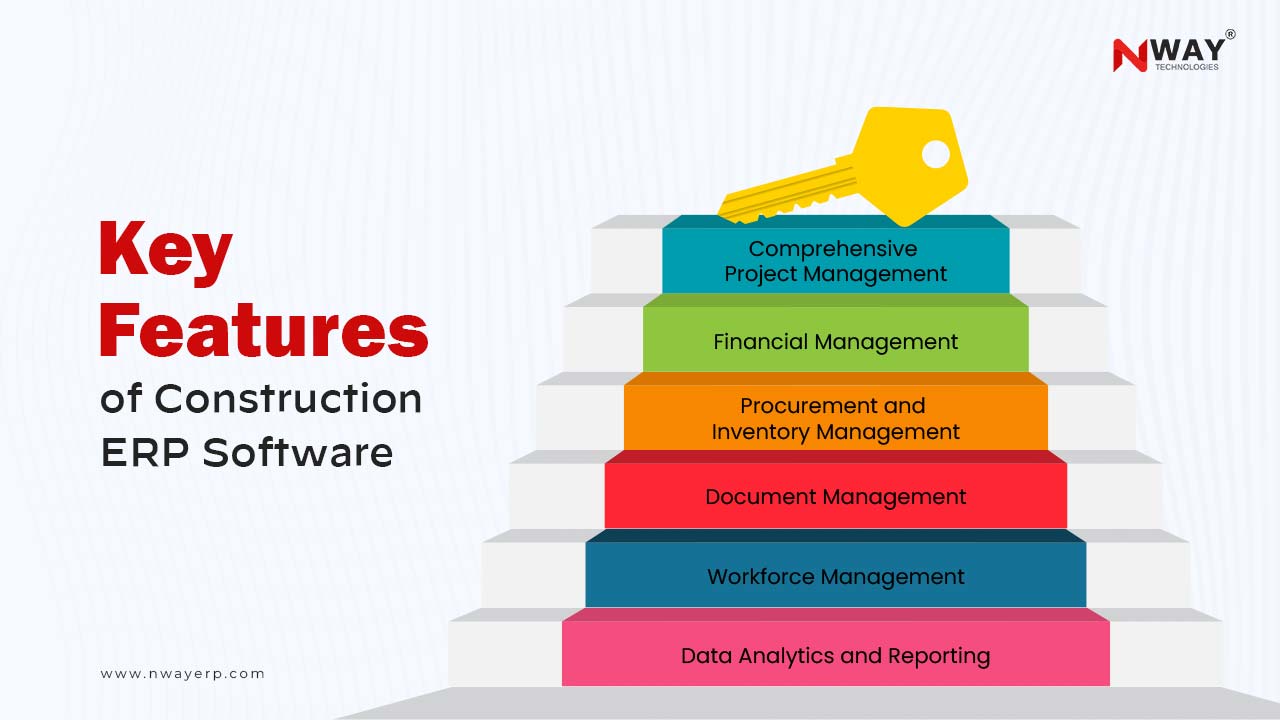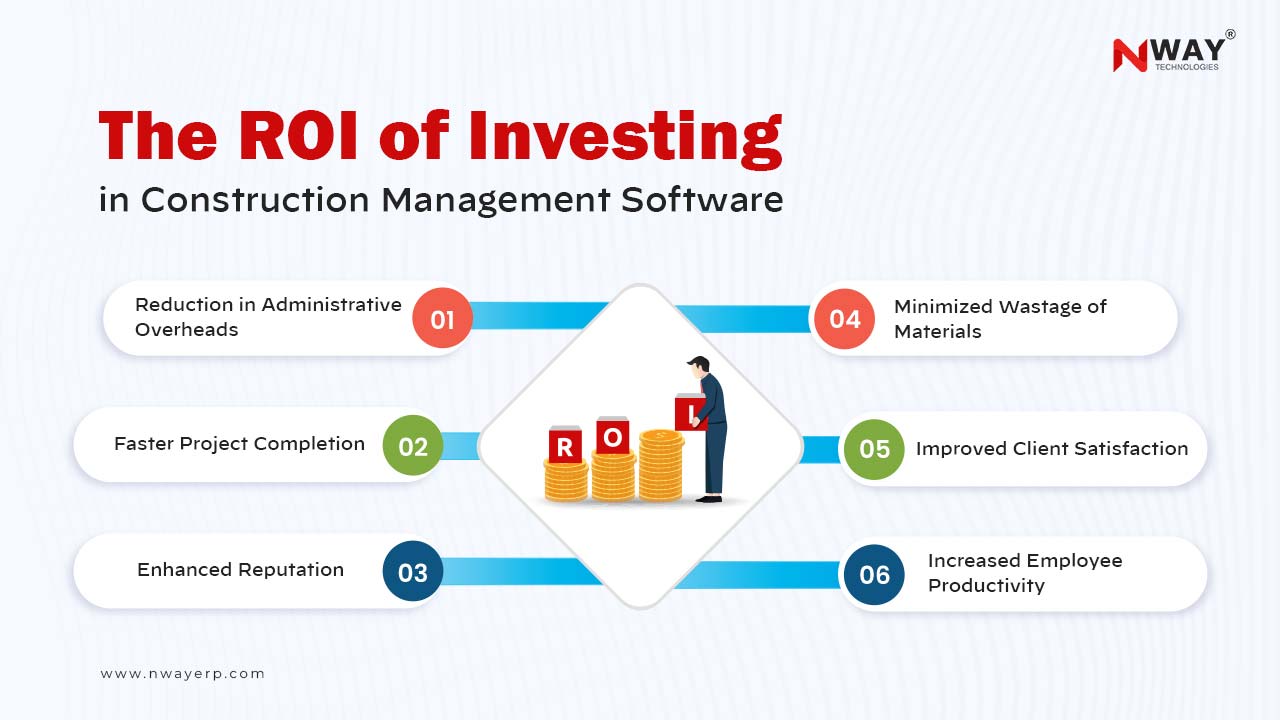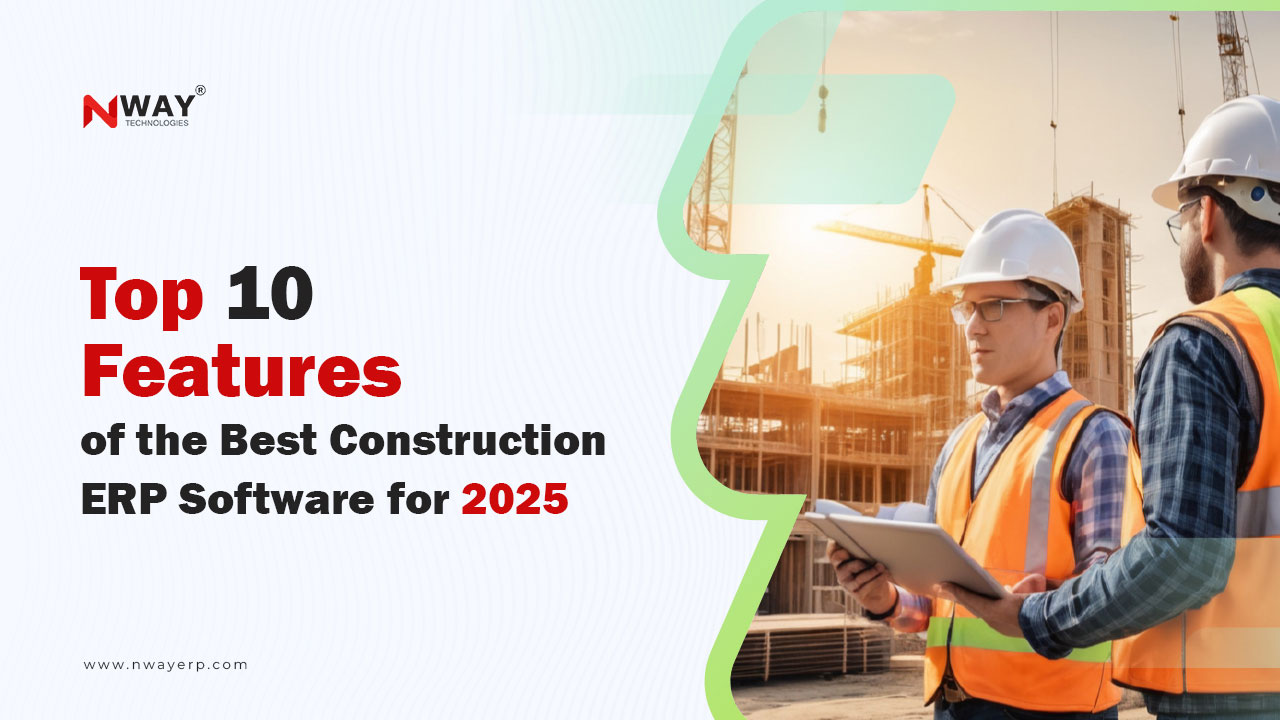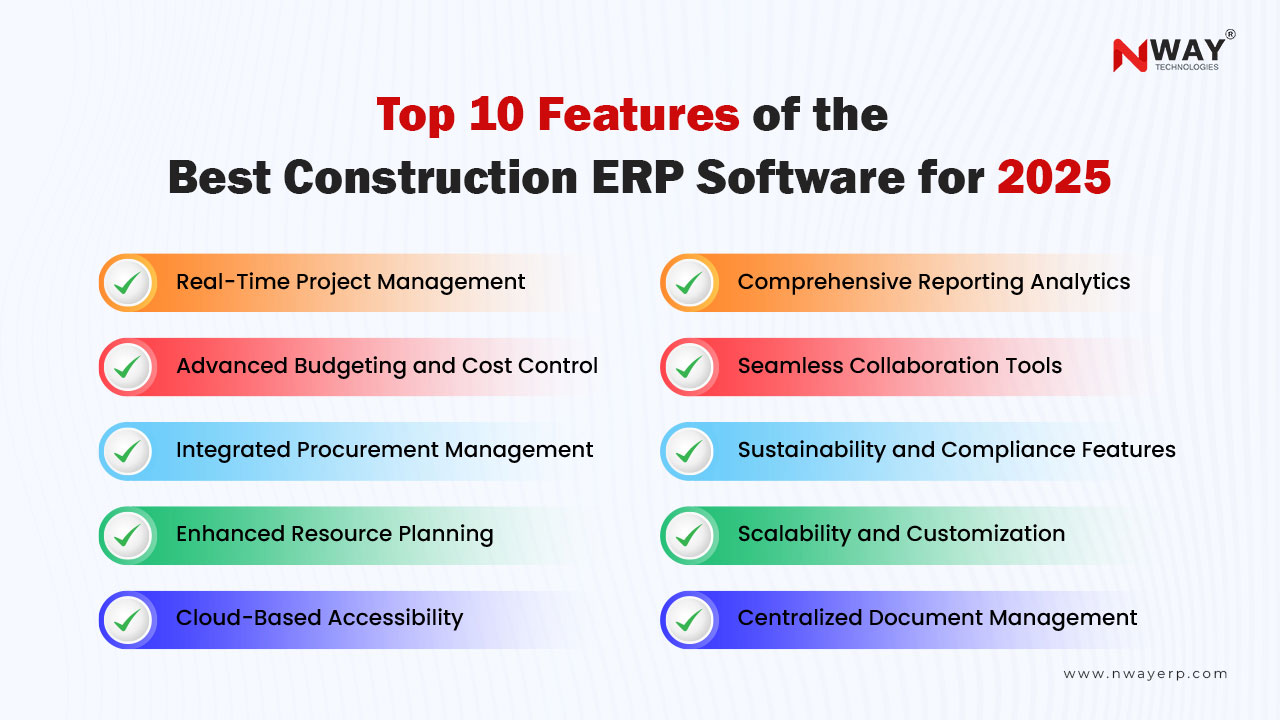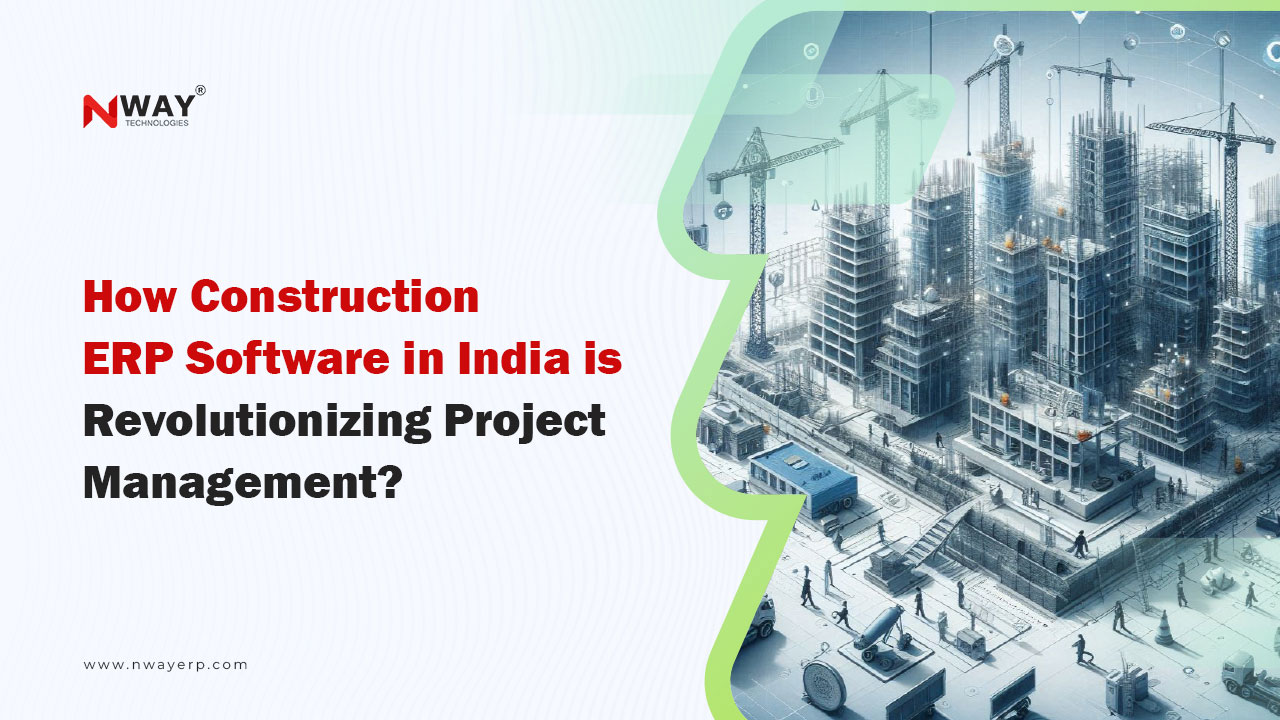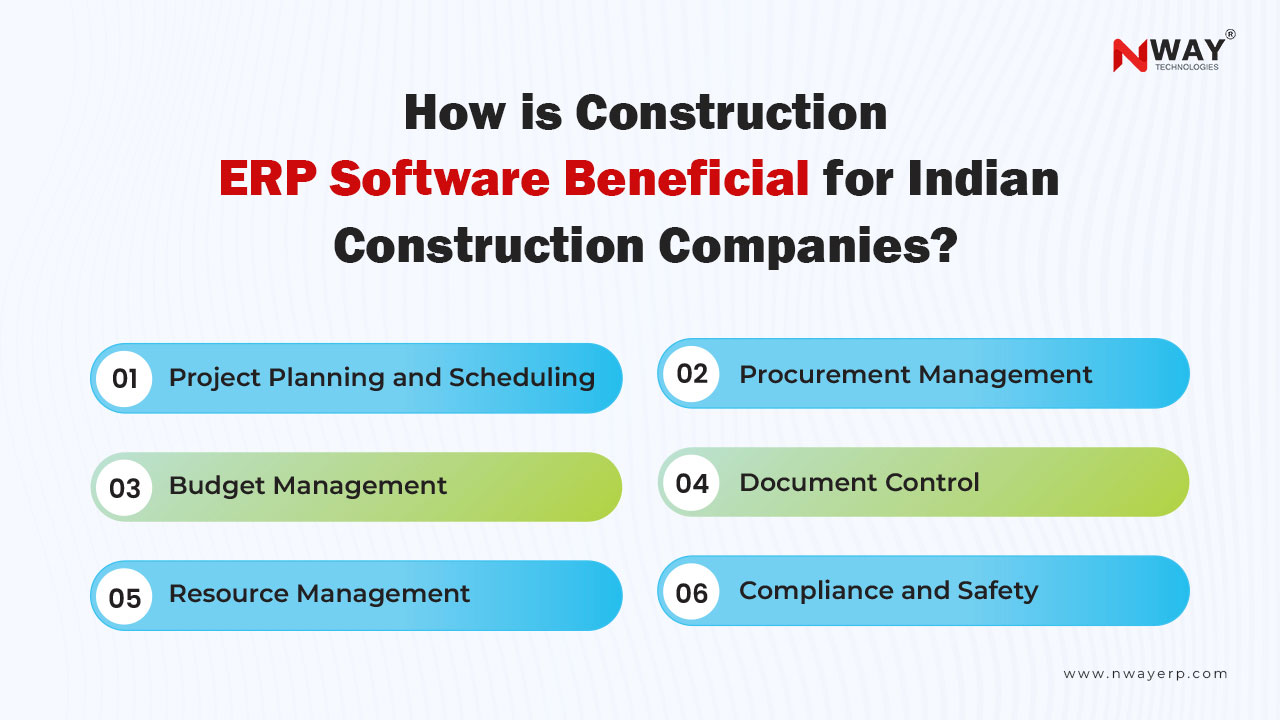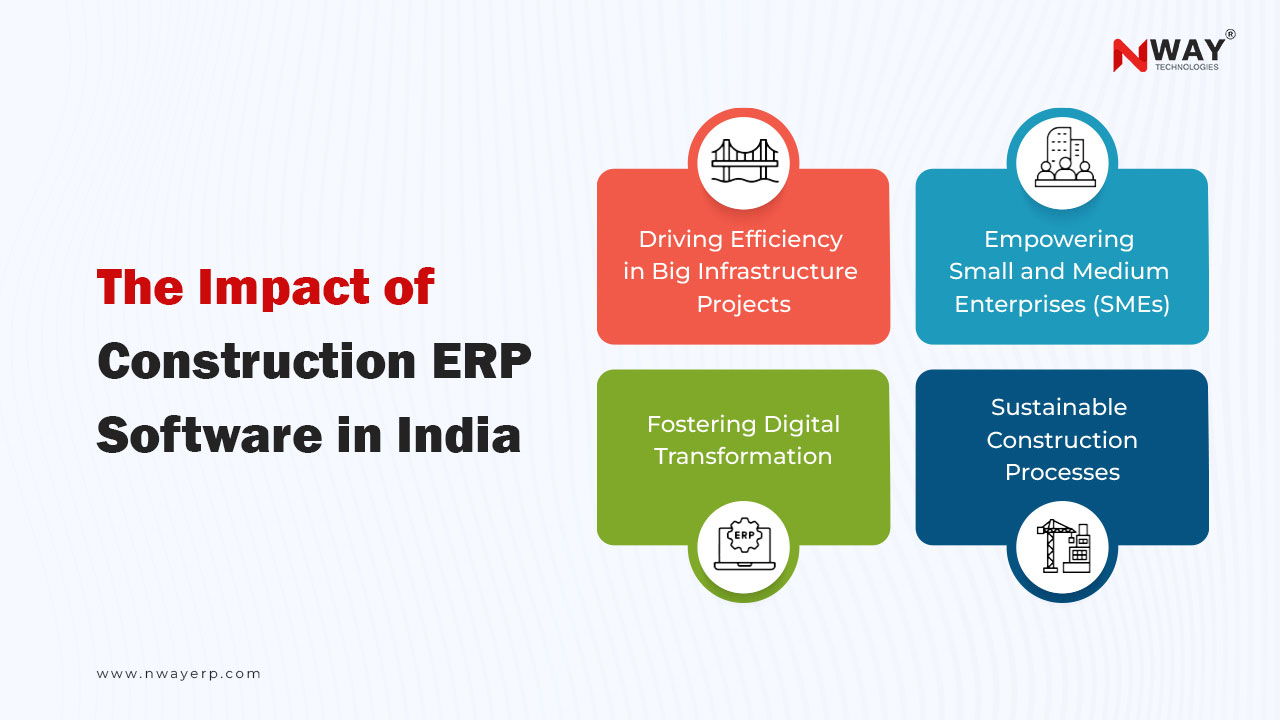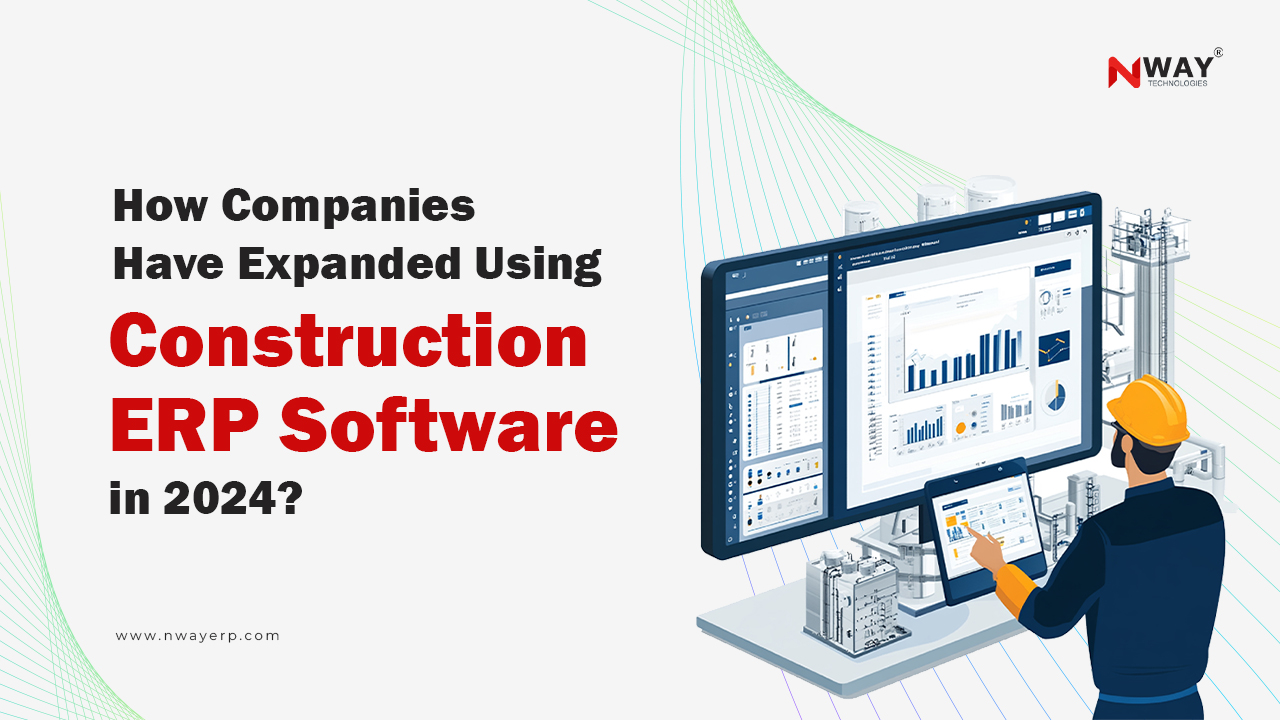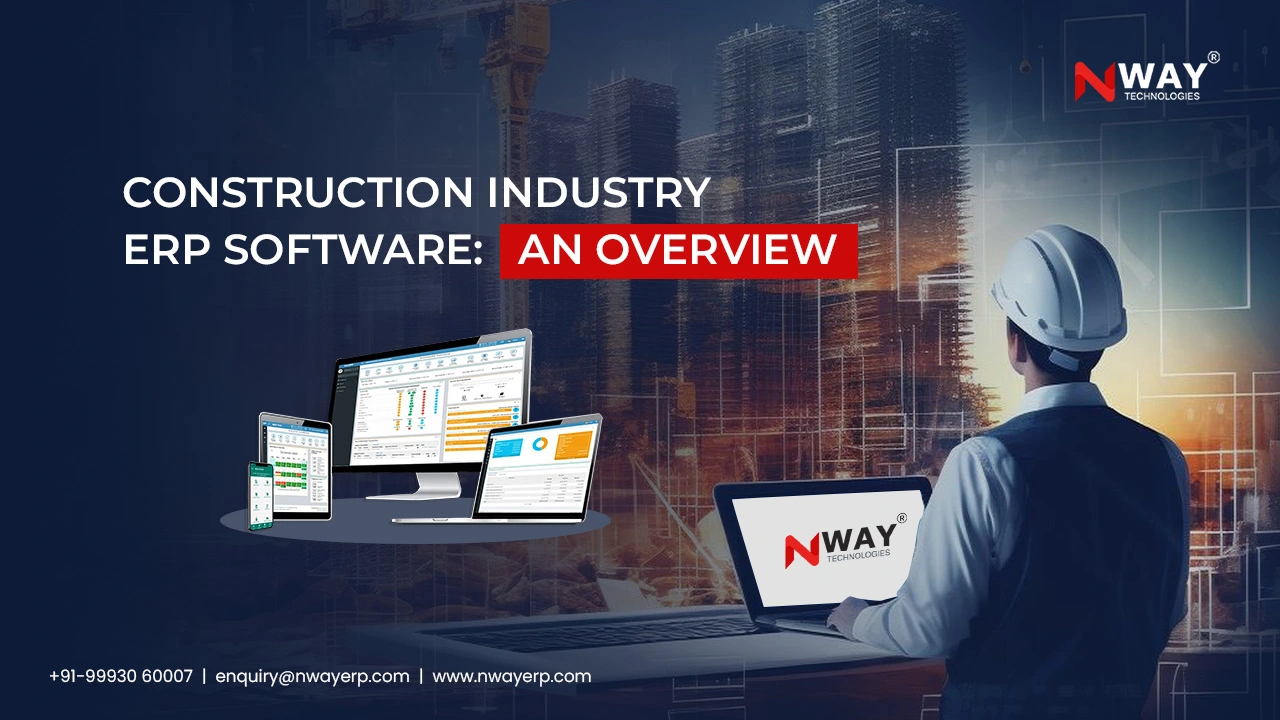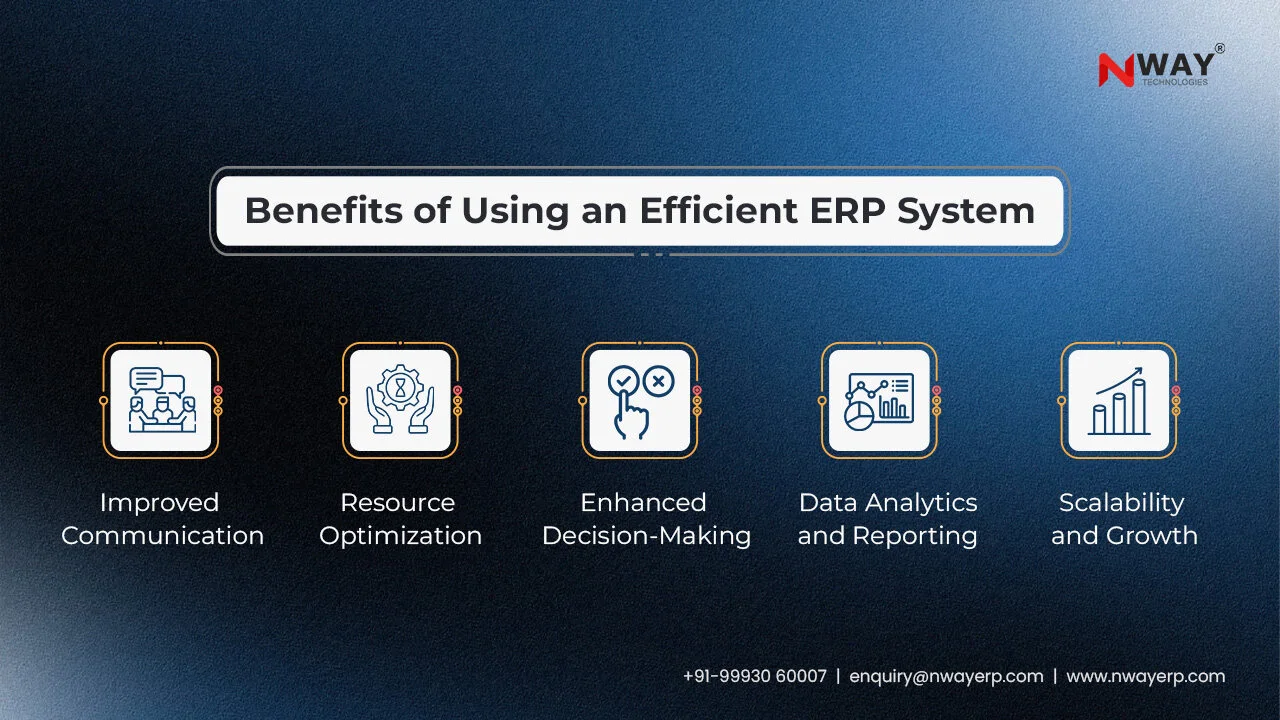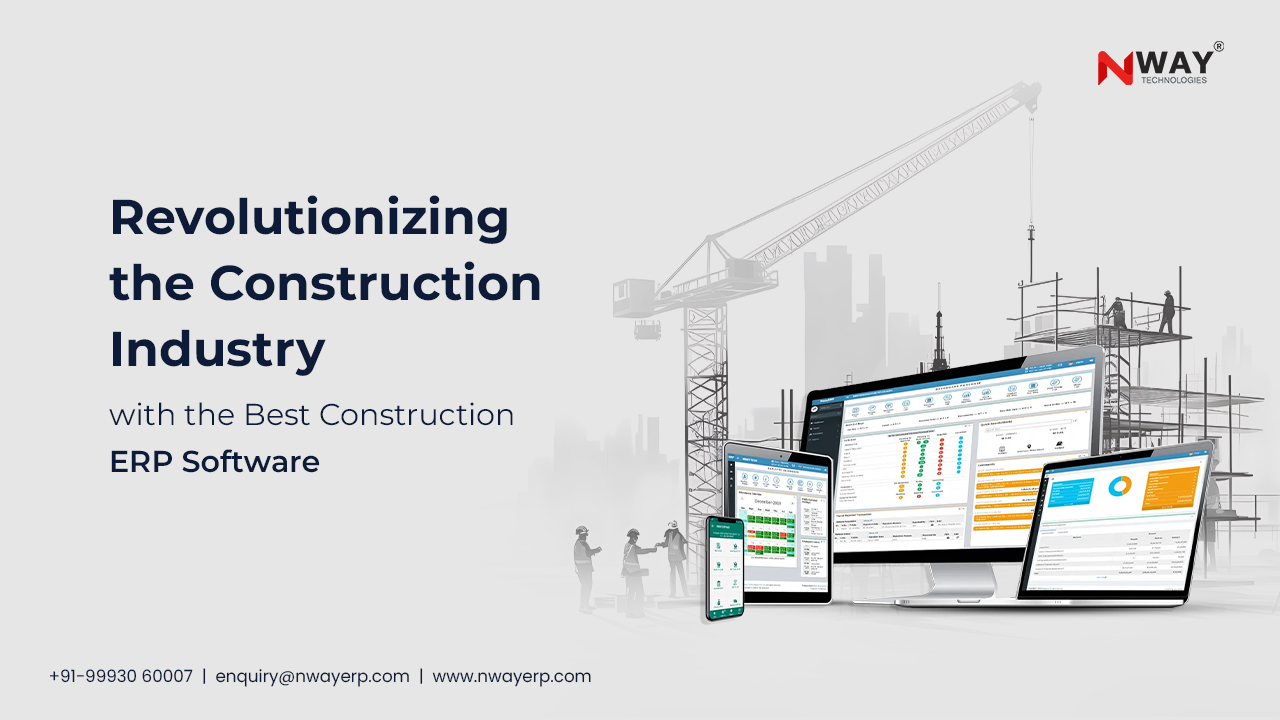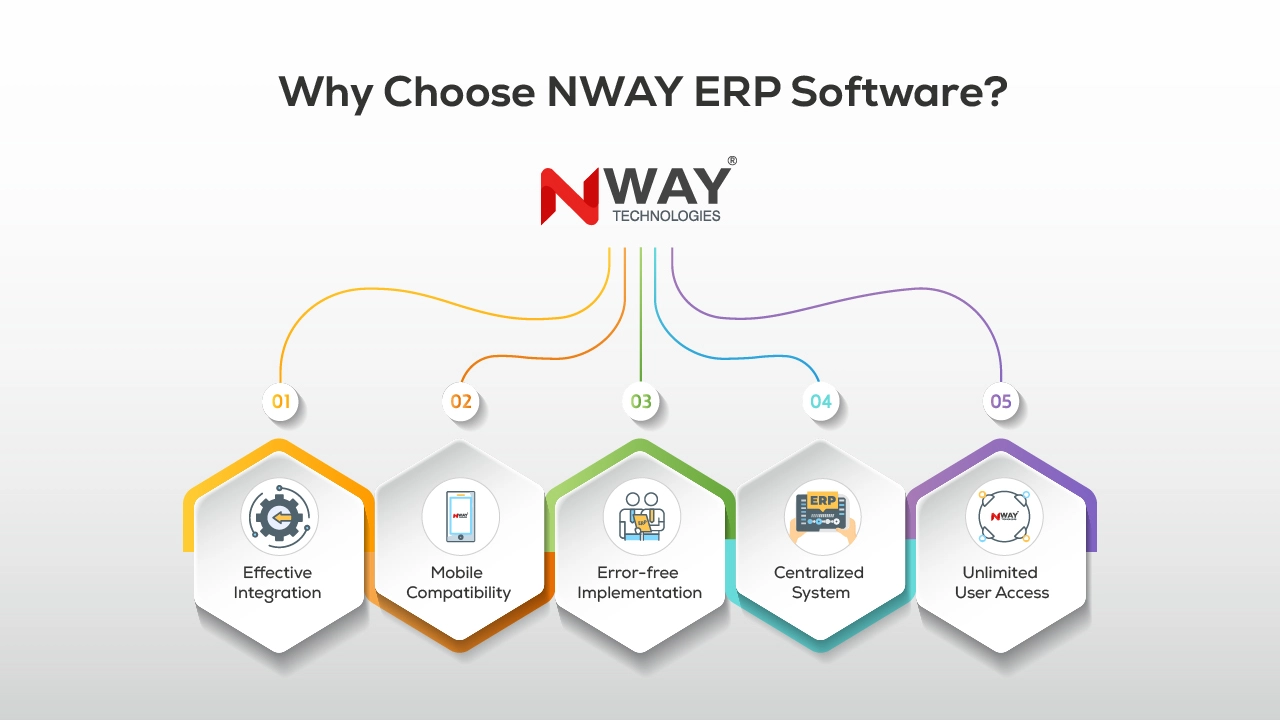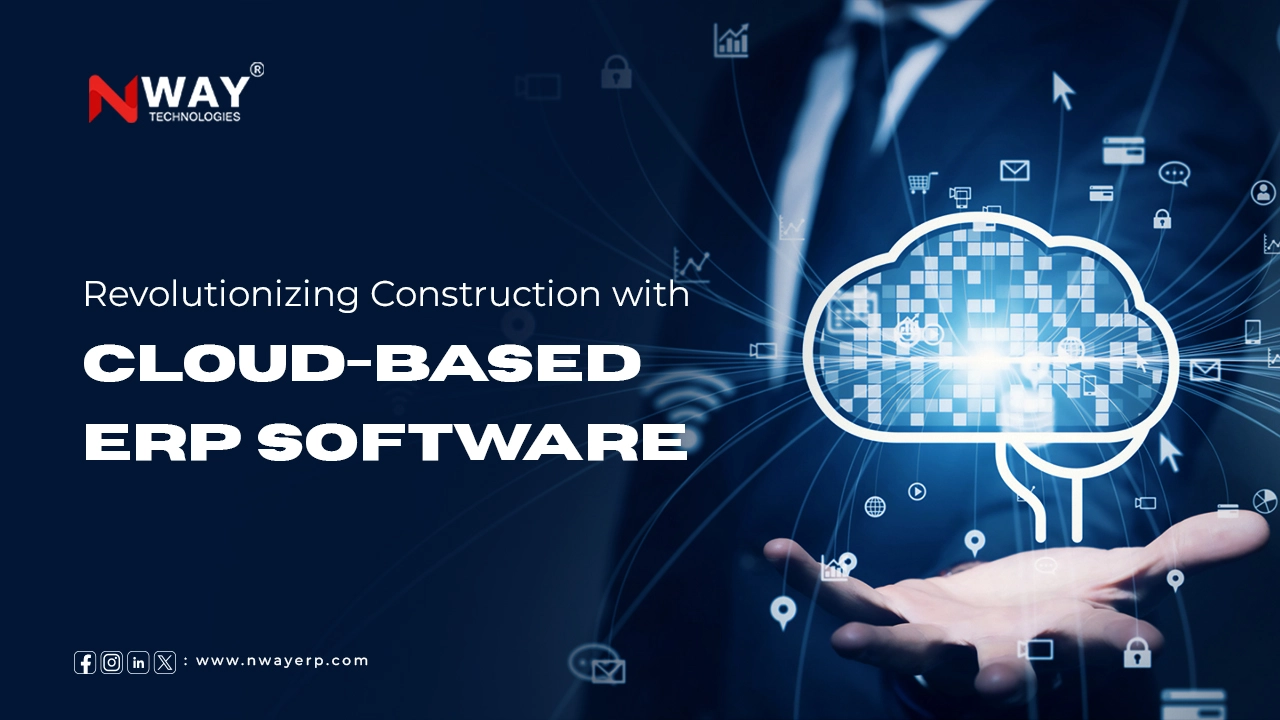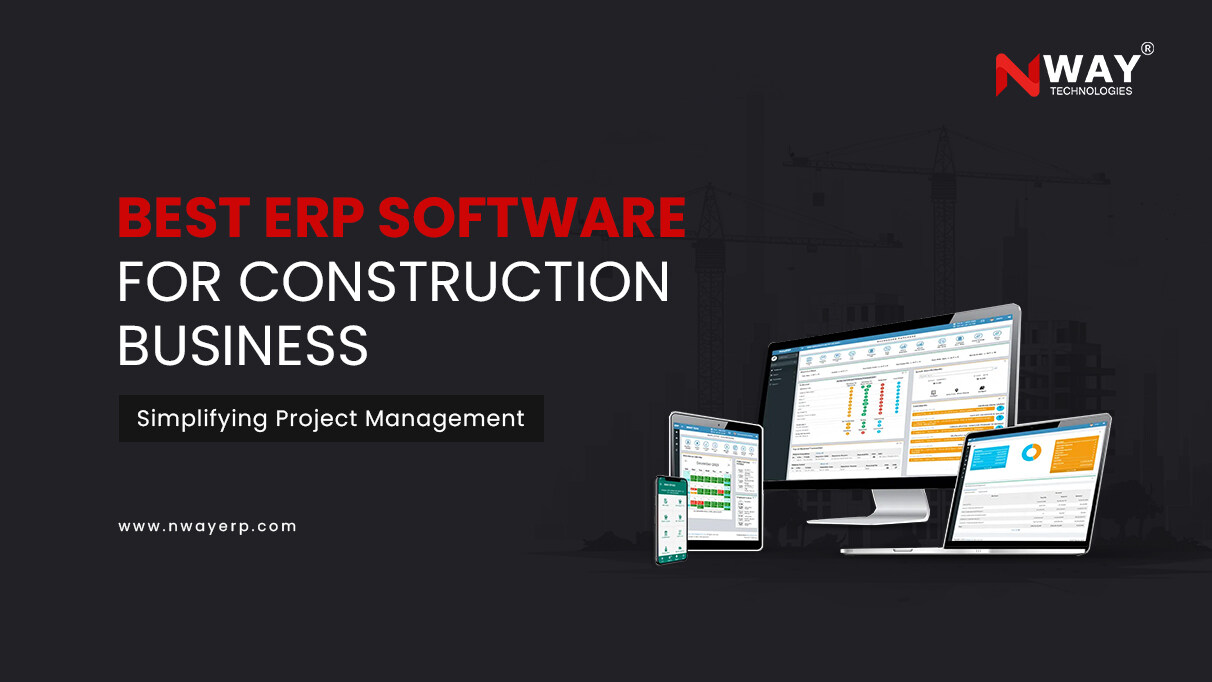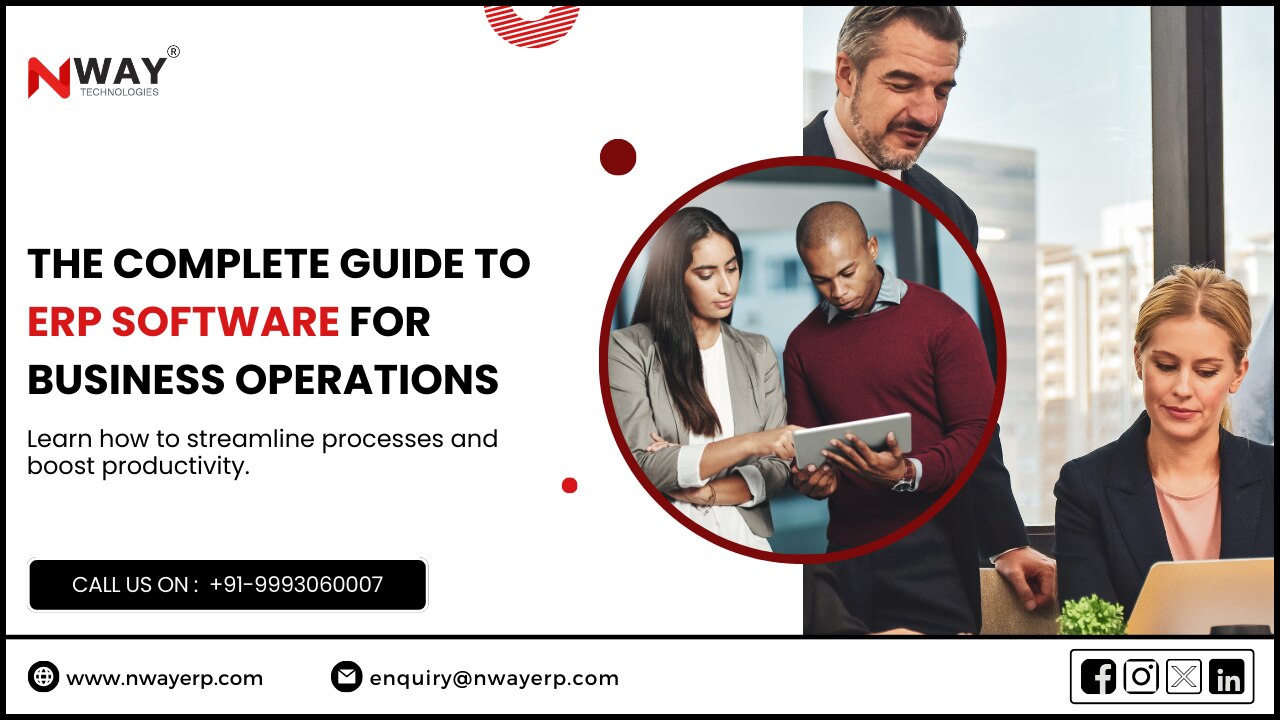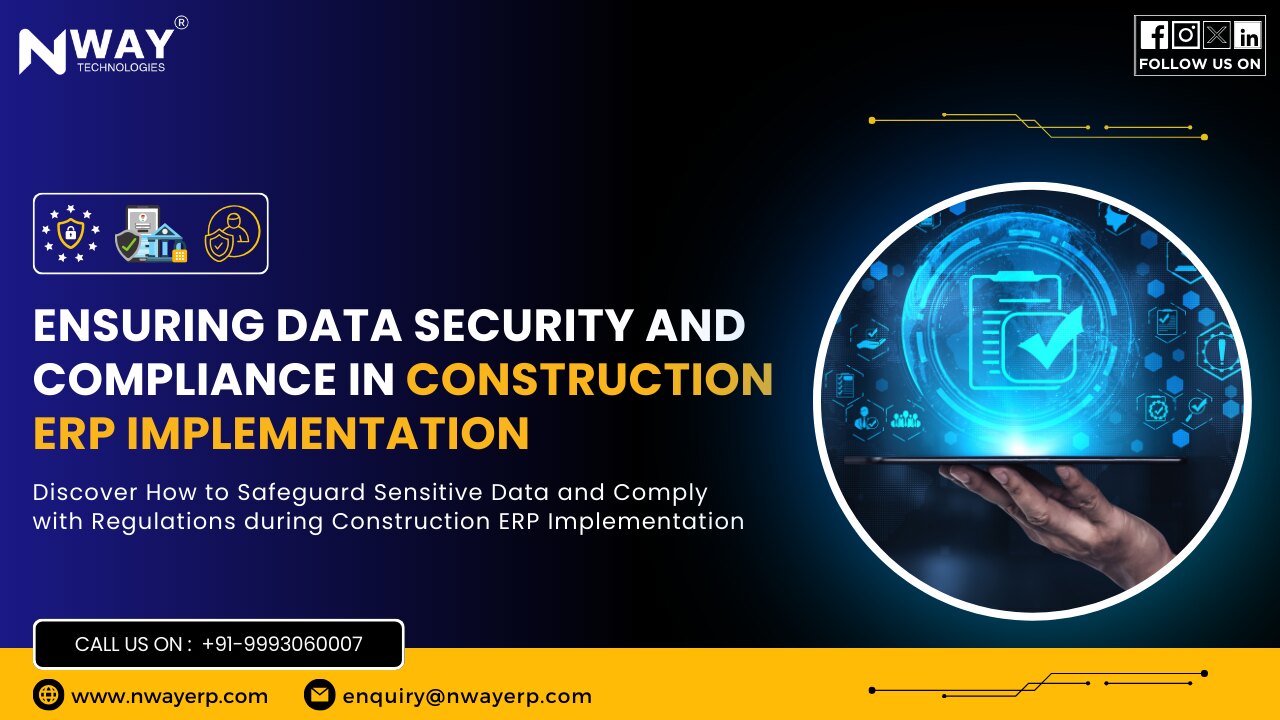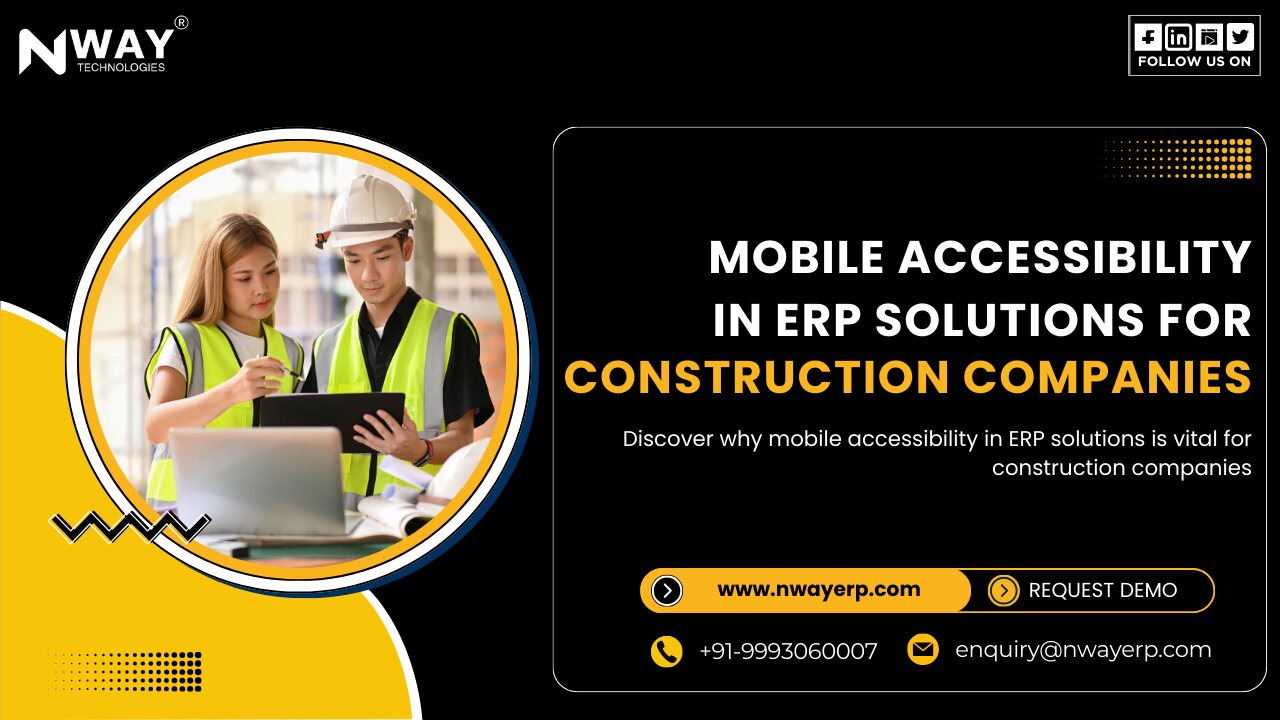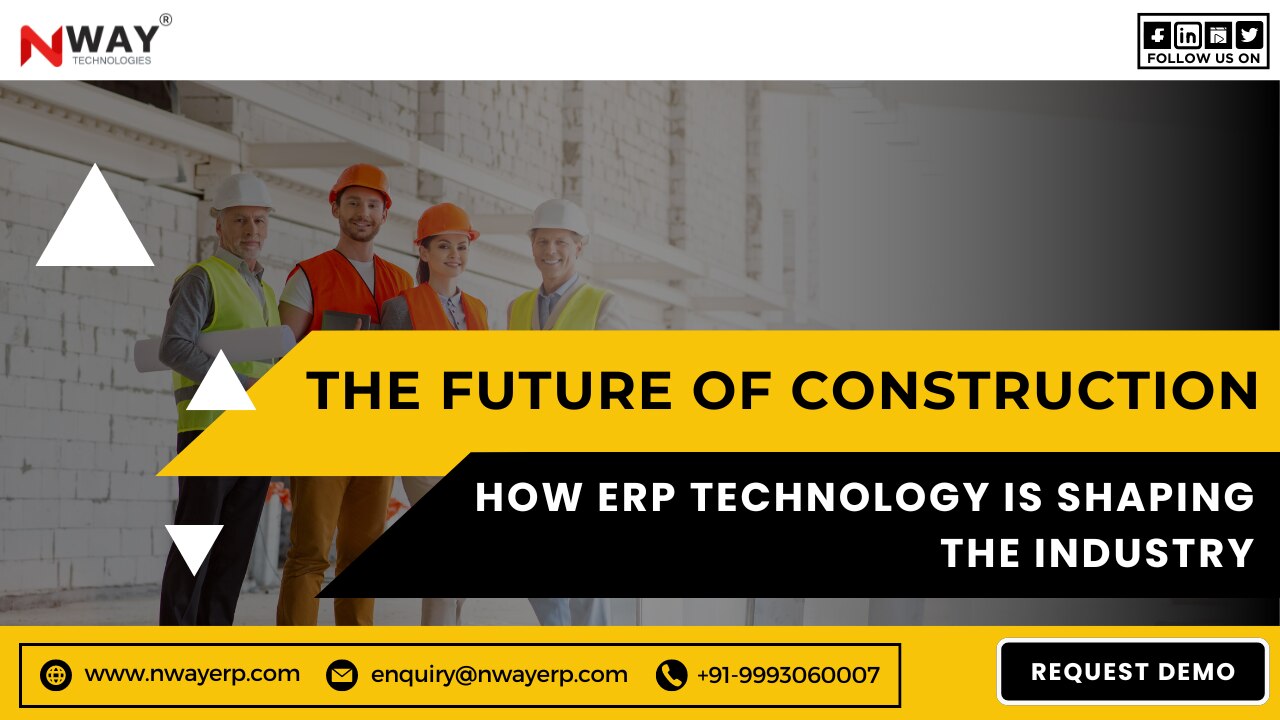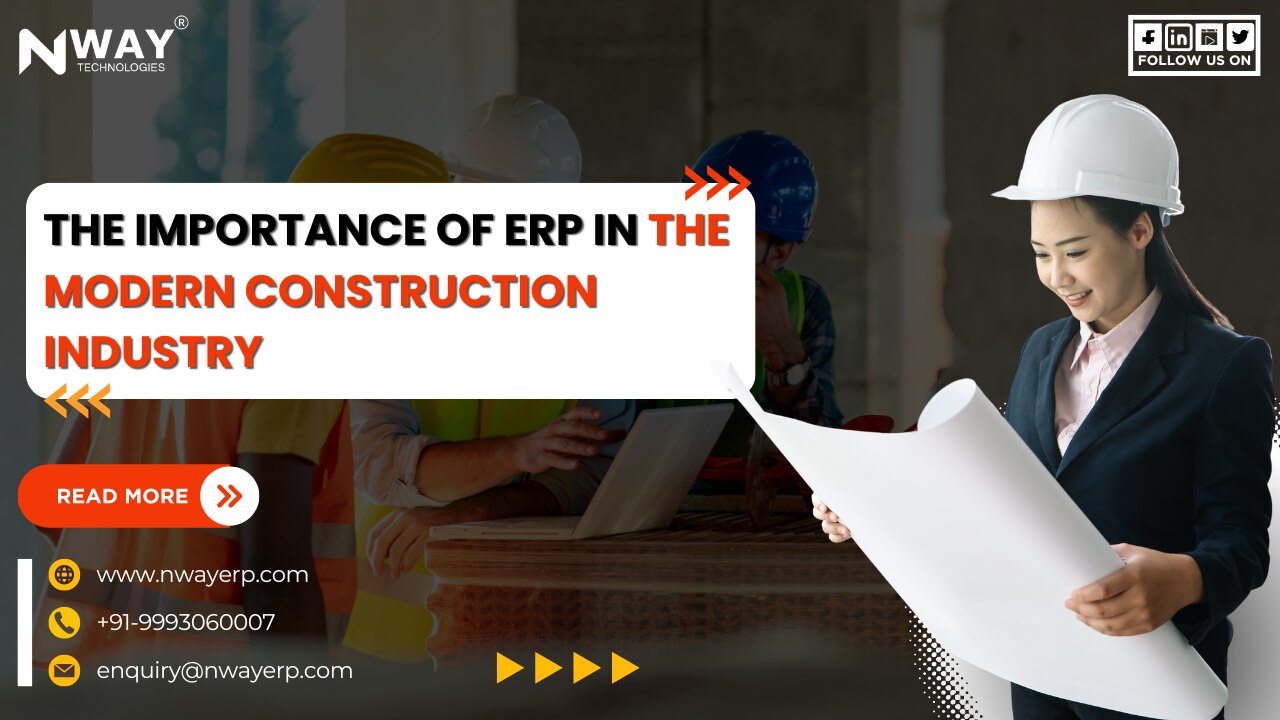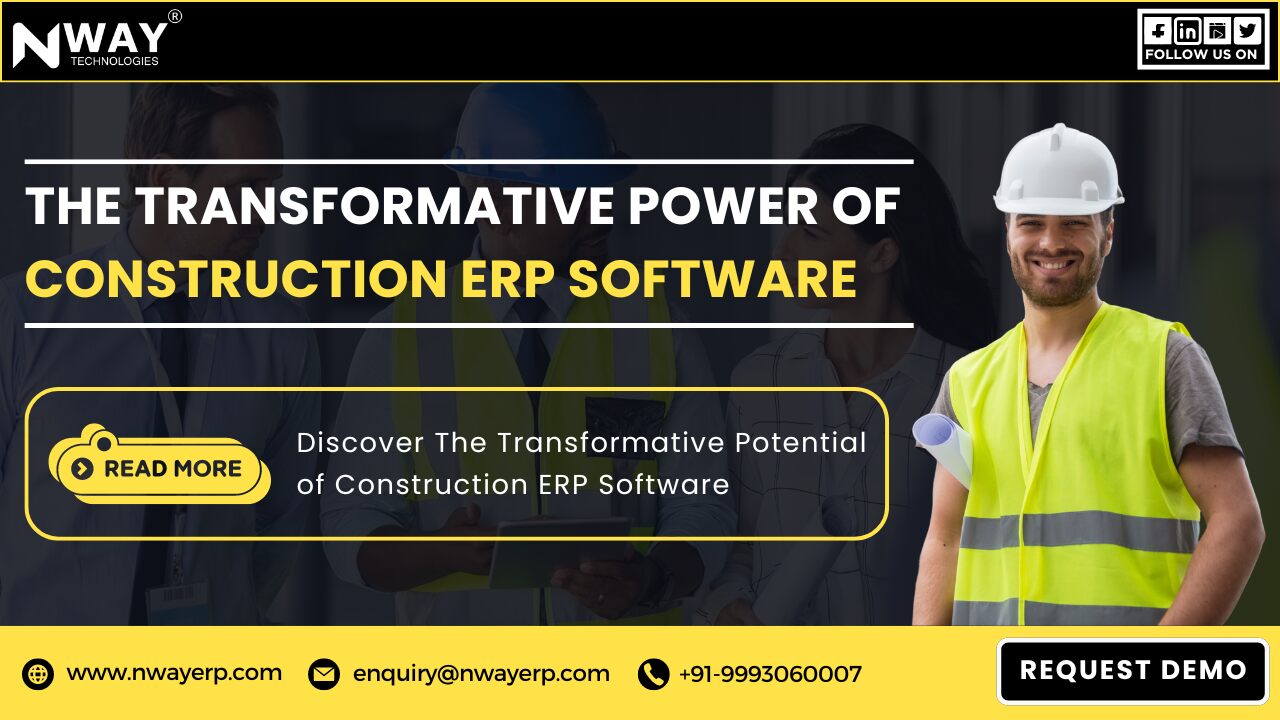Resource management is the backbone of every successful construction project. Without proper allocation and tracking of materials, labor, and equipment, projects often experience delays, cost overruns, and inefficiencies. The construction industry operates in a highly competitive environment, and resource mismanagement can lead to major setbacks.
Construction ERP Software effectively addresses these challenges. It can centralize and manage resource planning, ensuring efficient use of labor, materials, and equipment.
Read this blog to learn how ERP for Resource Management in construction can streamline operations, improve productivity, and enhance overall project management.
Key Challenges in Construction Resource Management
Inefficient Resource Allocation
Many construction companies struggle with improper materials, labor, and machinery distribution. Over- and underutilizing materials and resources can cause severe project delays and financial losses.
Lack of Real-Time Tracking
Without real-time tracking, project management lacks visibility into how resources are used, leading to inefficiencies, shortages, and wastage.
Budget Overruns
Resource mismanagement often leads to unforeseen costs, which can cause projects to exceed their budgets. This can result in financial crises and reduced profitability.
Delays Due to Poor Planning
Failure to plan resource availability and requirements can lead to delays in construction activities, affecting project timelines and delivery schedules.
Poor Communication
Construction projects need multiple teams, including engineers, architects, contractors, and suppliers. A lack of coordination leads to delays, chaos, miscommunication, and mismanagement of resources.
Compliance & Regulatory Issues
The construction industry is subject to stringent regulations. Inefficient resource management can lead to non-compliance with labor laws, environmental policies, and safety standards.
ERP software can act as a game-changer that helps construction companies tackle these challenges effectively.
01. Efficient Labor Management
Among all other resources labor is one of the most valuable resources in construction. Managing workers across multiple sites can be challenging, but ERP software simplifies this by:
- Centralized Workforce Scheduling Assign workers to tasks based on their availability and skill set, ensuring optimal utilization.
- Real-time Attendance TrackingMonitors the presence of on-site workers, minimizing absenteeism and improving accountability.
- Payroll & Compliance ManagementOptimizes wage calculations, ensuring accurate and timely salary processing while adhering to labor laws.
02. Streamlined Material Management
Construction materials make up a significant portion of the project’s budget. ERP software helps prevent material shortages, wastage, and mismanagement through:
- Demand ForecastingPredicts material requirements based on project schedules, ensuring availability when needed.
- Effective ProcurementEffective procurement process streamlines purchasing processes, reducing the risk of last-minute orders and delays.
- Inventory OptimizationIt helps track material usage, prevents overstocking, and minimizes wastage.
03. Optimized Equipment Utilization
Construction projects rely on heavy machinery and equipment. Improper management and maintenance for this leads to increased downtime and costs. And ERP software provides:
- Real-time Equipment TrackingHelps monitor the usage and availability of machinery and equipment to prevent items on time.
- Maintenance SchedulingEnsures preventive maintenance targeting reduced breakdowns and huge repair costs.
- Rental & Ownership Cost AnalysisIt helps companies decide whether to rent or purchase equipment based on project duration and budget.
04. Real-time Cost Control & Budgeting
Staying within budget is one of the most crucial points in construction. An ERP software provides:
- Budget Planning & Cost EstimationIt provides accurate cost projections before project initiation.
- Expense MonitoringIt helps track project expenditures in real time, preventing financial overruns.
- Optimize Billing & InvoicingIt helps ensure transparent financial transactions and timely payments.
05. Seamless Communication & Collaboration
Construction projects involve multiple stakeholders, and poor communication can lead to costly errors. It helps in:
- Centralized Data SharingProvides a single platform where all teams can access real-time project data.
- Optimized Alerts & NotificationsIt helps keep teams updated on critical project developments.
- Cloud-based AccessibilityIt helps enable remote access to project data, allowing teams to collaborate from anywhere.
06. Enhanced Compliance & Safety Management
Construction ERP software plays a crucial role in ensuring regulatory compliance and workplace safety:
- Regulatory Compliance MonitoringKeeps track of labor laws, safety regulations, and environmental guidelines.
- Optimized ReportingIt helps generate compliance reports for audits and inspections.
- Workplace Safety ManagementIt helps monitor safety protocols, helping companies retain the risk of accidents and legal liabilities.
Real-Time Expected Results of Using an ERP for Resource Management
An efficient construction company struggling with labor inefficiencies and frequent material shortages. After implementing construction ERP software, it can achieve:
- 30% Reduction in Labor CostsEffective scheduling reduced downtime and improved workforce efficiency.
- 20% Decrease in Material WastageEfficient inventory management minimized excess material orders.
- 15% Faster Project CompletionStreamlined communication and machinery tracking reduced delays.
Conclusion
Construction ERP software is a powerful tool for resource management, enabling optimal labor, material, and equipment utilization while keeping costs in check. By integrating a robust ERP system, the construction industry can improve efficiency, reduce waste, and complete projects on time and within budget.
So how are you managing resources in your organization? Are you still following the manual and traditional practices that complicate the processes? If so, this is the right time to opt for construction ERP software that can streamline your construction business and offer a tailored solution to meet all resource management requirements.
Optimize your construction resources with NWAY ERP. Contact us now!
